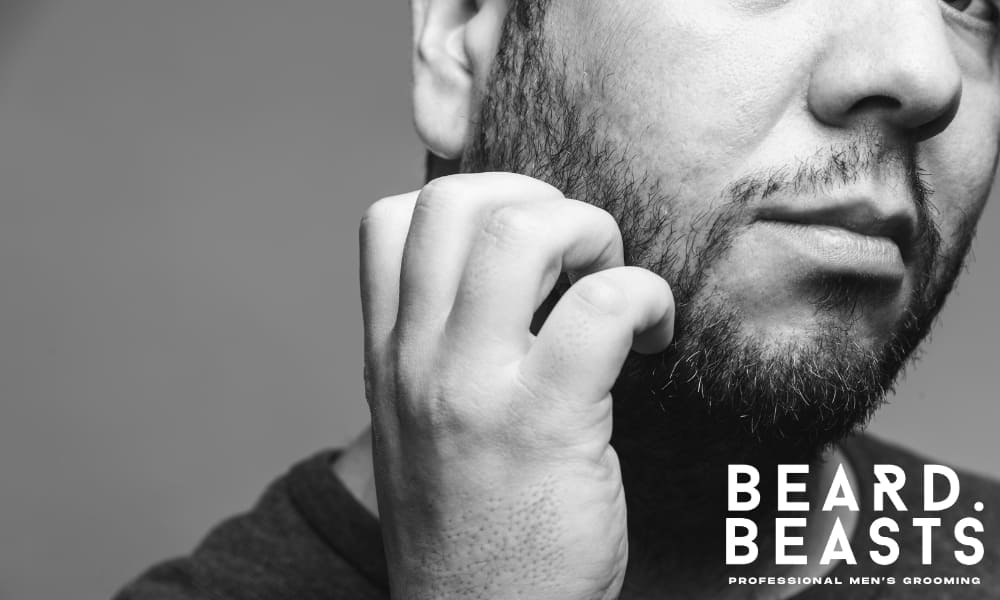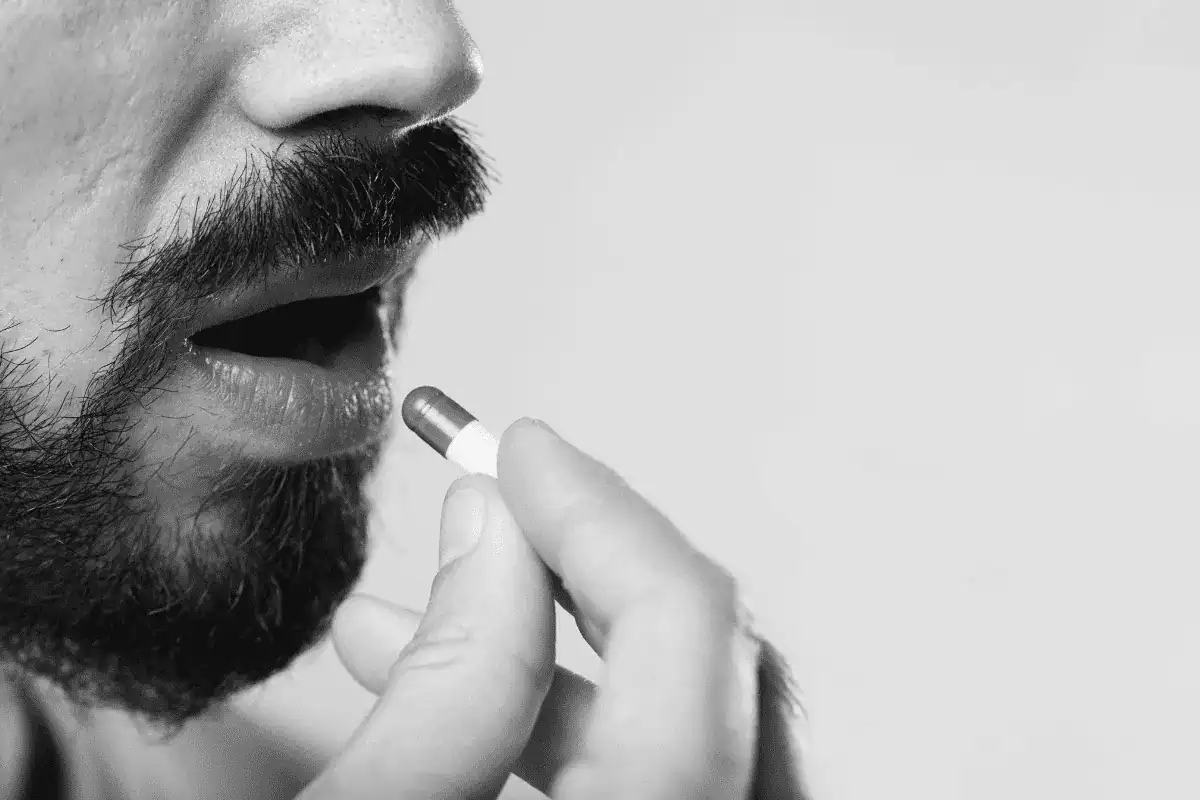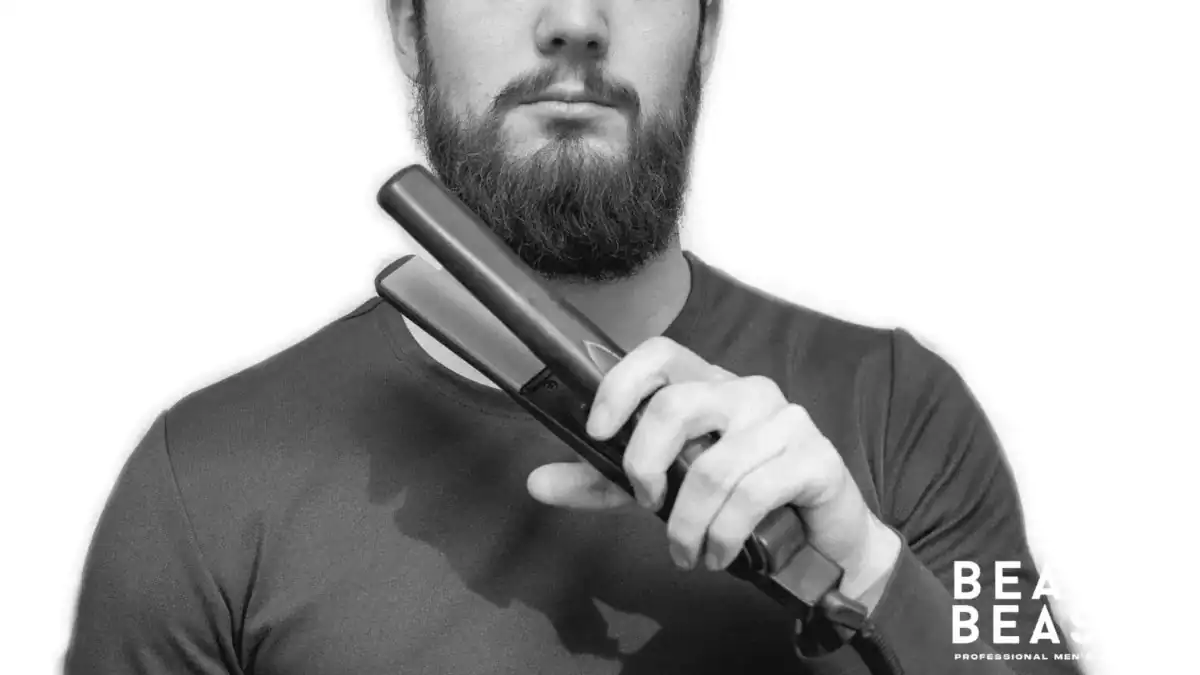Let’s be honest—the awkward beard phase sucks. One day you’re chasing that full, rugged look… the next, your face is patchy, itchy, and looks like it lost a bet. Welcome to the awkward beard stage—where most guys tap out.
But not you.
This is where beards are made—not just grown. And if you know how to handle it, you’ll come out sharper, tougher, and looking like you meant to grow that thing all along.
Let’s break down what’s really going on, and how to beat the beard phase that breaks most men.
What Is the Awkward Beard Phase (And Why It Feels Like a Curse)
You know that stage where your beard’s not quite a beard—but also not stubble anymore? That’s the awkward beard phase.
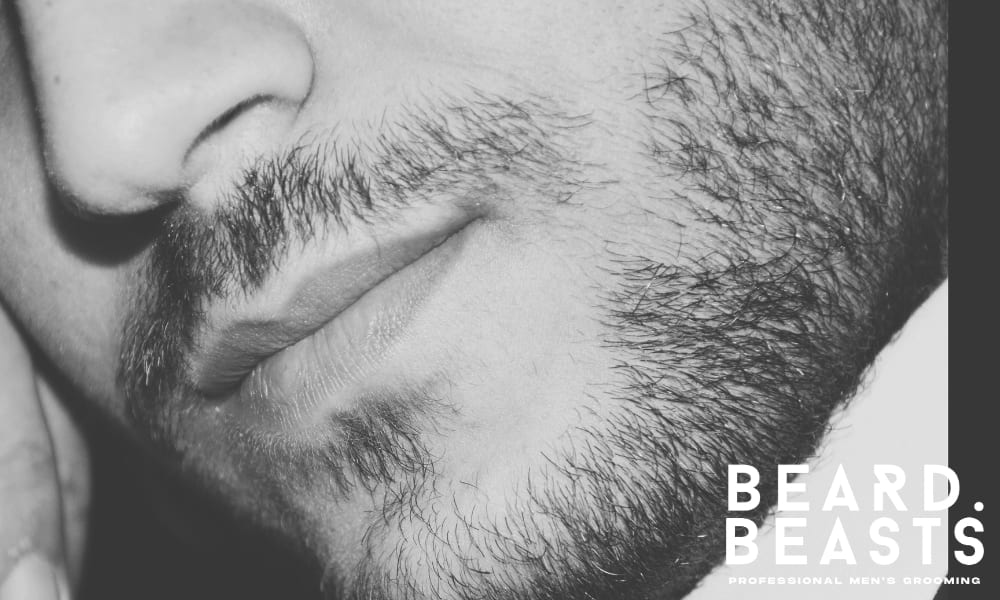
It usually kicks in around week two or three, and let’s just say… it’s not your best look.
You’ve got uneven fuzz sprouting in strange places, random curls doing their own thing, and an itch that makes you want to shave it all off mid-shower. Worse, it doesn’t even look intentional—just scruffy, like you forgot how razors work.
But here’s the deal: this stage is normal. Every guy who’s ever grown a proper beard has been through it. It’s like puberty for your face—messy, uncomfortable, and kind of embarrassing… until it isn’t.
Stick with it, and this awkward stage becomes the foundation for something solid. Quit now, and you’re back to square one—again.
How to Survive the Awkward Beard Phase Without Tapping Out
This is where most guys fold—but not you. You’re about to turn the chaos into something sharp.
Fix #1: Train Your Beard Like It’s the Gym
If your beard’s growing wild, don’t just let it do its thing—train it. The awkward phase isn’t just about growth, it’s about control. And that starts with brushing.
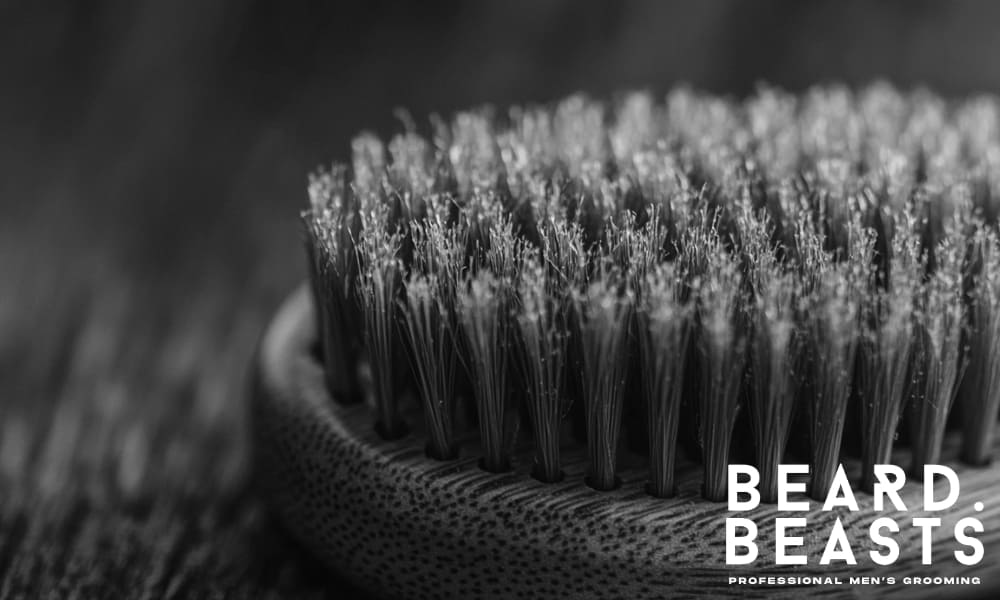
Grab a boar bristle brush and start brushing down daily, especially after a warm shower. It’s not just about looking cleaner (though it helps)—you’re teaching the hairs where to go, laying the groundwork for a fuller, more even beard.
Think of it like hitting the gym for your face. You’re not sculpting yet, just showing your beard who’s boss.
A couple minutes a day now saves you from weeks of uneven chaos later.
Fix #2: Moisture Is the Move
That maddening face tingle? It’s not the hair—it’s your skin throwing a fit underneath.
During the awkward stage, your face is adjusting to all this new hair—and it’s thirsty. A few drops of beard oil massaged in daily can calm the itch, soften the scruff, and make your beard look intentional instead of accidental.
Think of it like conditioner for your face jungle. No oil? No peace.
Hydration is the line between flaky chaos and clean, confident growth.
Fix #3: Clean Up the Neckline, But Don’t Go Rogue
Yes, you can tidy things up—but no, this isn’t your green light to go full sculptor mode.
During the awkward beard phase, a crisp neckline is your secret weapon. It gives your face some structure while the rest of the beard plays catch-up. Just don’t start shaping the cheeks or trimming the body—this isn’t the time to “even things out.”
Use two fingers above your Adam’s apple as a guide and shave everything below that. Keep it clean, but don’t get cute.
You’re grooming the outline—not carving a masterpiece.
Fix #4: Own the Patch—Don’t Fight It
Sparse in spots? Perfect. That’s how it’s supposed to start—messy, unpredictable, real.
Every guy’s got spots that fill in late. Cheeks, under the lip, jawline—there’s always a slow zone. But stressing over it or trimming around the patches just makes it worse. Don’t try to fake symmetry before it exists.
Let it ride. Let it get scruffy. That thin area could be filled in by next week—if you leave it alone.
Your beard’s not failing—it’s buffering. Be patient, the full version’s on the way.
Fix #5: Don’t Compare Your Beard to Instagram Beards
You scroll through socials and see perfectly lined-up, thick beards that look like they came out of a Marvel movie—and suddenly yours feels like a middle school science project.

Stop right there.
Those beards? They’ve been shaped, filtered, maybe even filled in. What you’re seeing is the final draft—you’re still in the rough sketch stage.
The awkward beard phase doesn’t look good on camera. But it’s real. And it’s part of the process every solid beard goes through before it turns heads.
Focus on your own growth—not someone else’s highlight reel.
Fix #6: Eat Like a Guy Who Wants a Beard That Wins
If you’re fueling your beard with junk, don’t expect it to show up looking premium.
Beard growth isn’t magic—it’s biology. And like anything your body builds, it needs raw materials. Protein, biotin, zinc, omega-3s—they’re not just for gym bros, they’re beard fuel. Eggs, salmon, nuts, leafy greens—add them to your plate if you want results on your face.
Your beard is the last thing your body takes care of—so if you’re running on fumes, guess what gets cut first?
Feed the beard, and it’ll return the favor.
Want a full breakdown of what to eat for stronger, faster growth? Check out our guide to the Best Foods for Beard Growth —your beard will thank you at every bite.
Fix #7: Keep Showing Up (Even If Your Beard Looks Drunk Some Days)
Some mornings you’ll look in the mirror and think, “What the hell is this thing doing?” That’s normal.
The awkward phase has good days and downright weird ones. One side might curl, the other lies flat, and the middle just gives up entirely. But here’s the thing—showing up anyway is how you win.
Brush it. Oil it. Own it. Even if it’s having a moment.
Your beard isn’t supposed to be perfect yet. It’s supposed to be growing. Keep doing your part, and it’ll start doing its job.
Push through this phase, and you’re not just growing a beard—you’re proving you’ve got the grit to wear one right.
How Long Does the Awkward Beard Phase Last?
Most guys hit the awkward phase around week two, and it usually sticks around for 2 to 6 weeks. That window depends on your genetics, grooming habits, and how well you ride it out without over-trimming or tapping out early.
It’s not about racing through it—it’s about sticking with it long enough to break through.
The good news? Once you pass the scruffy, patchy weirdness, your beard starts to fill in, soften up, and actually look like it belongs on your face.
You’ll know you’re through it when you stop feeling like you need to explain your beard to people—and start catching a few nods of approval instead.
Common Mistakes That Ruin a Good Beard Too Early
The awkward stage doesn’t last forever, but screw up here and you’ll never make it past the starting line. These are the traps that take guys out before their beard ever gets a chance to show up:

Trimming too soon: You don’t shape wet cement. Same with your beard. Cutting into it too early messes with the growth pattern and makes patchiness worse.
Fading the neckline too high: If your beard starts halfway up your jaw, you’ve already lost. Keep that line just above the Adam’s apple—not creeping into chin territory.
Letting itch win: Itchy beards are normal at first. Shaving to stop the itch is like breaking your leg because your foot fell asleep.
Skipping beard oil and brushing: No routine = wild growth, dry skin, and a beard that looks like it gave up on life.
Trying to copy Instagram beards: You’re not growing someone else’s face. You’re building yours—and that means playing the long game, not chasing filters.
Bottom line? Most beards fail because the guy growing it couldn’t handle a few rough weeks. Don’t be that guy.
Final Thoughts: Beat the Awkward Beard Phase, Win the Beard War
The awkward beard phase isn’t there to stop you—it’s there to test you. Patchiness, itch, uneven growth? That’s just the entry fee for the kind of beard that turns heads and shuts down second-guessing.
Most guys fold when things get uncomfortable. But you? You’re dialed in now. You’ve got the tools, the routine, and the mindset to push through the scruff and into the strong stuff.
Stay consistent. Stay sharp. Show up daily—and let your beard do the rest.
The awkward phase fades—but the beard that follows? That’s yours, and it tells a story worth wearing.

